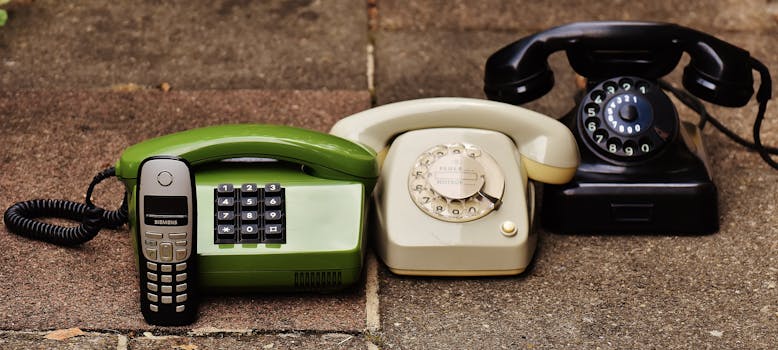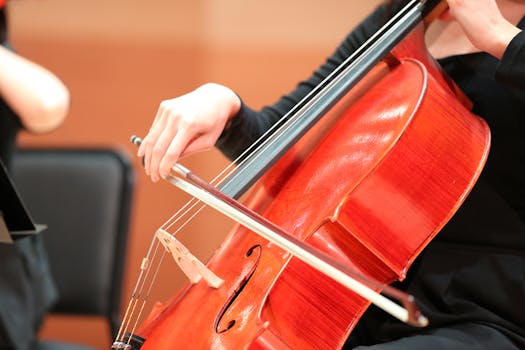The Origins of Gambling: A Brief History Across Civilizations
Gambling is a practice as old as history itself, evident across different societies, cultures, and epochs. From ancient dice in Mesopotamia to modern-day digital casinos, the allure of testing fate and the thrill of potential gain have consistently captivated mankind. This article delves into the fascinating journey of gambling through various civilizations, exploring how it has evolved and influenced societies around the globe.
Ancient Beginnings
The earliest evidence of gambling dates back to the Paleolithic period, long before written history. However, the first known gambling implements were discovered in Mesopotamia, around 3000 BC. These were based on a simple game of throwing dice, which were originally made from the knuckle bones of animals.
In ancient China, gambling was popularly practiced around 2300 BC, as indicated by the discovery of keno slips, which were used in a type of lottery to fund state works, possibly including construction of the Great Wall of China. The Chinese 'Book of Songs' refers to the drawing of wood, which suggests that the tiles may have formed part of a lottery-type game.
Greek and Roman Influence
The Greeks and Romans were notorious gamblers, with both societies having gods dedicated to gambling—Hermes and Mercury, respectively. Gambling was so prevalent in these cultures that it permeated mythologies and daily life alike. The Greek poet Sophocles claimed that dice were invented by a mythological hero during the siege of Troy, and although this is not taken as fact, it illustrates the deep penetration of gambling into ancient lore and society.
Middle Ages to Renaissance
In medieval Europe, gambling became a popular activity amongst the aristocracy and peasant classes alike. Games such as Hazard, an early form of craps, became popular in England and eventually made its way to America. However, the church tried to outlaw gambling, considering it morally corruptive.
During the Renaissance, gambling experienced a resurgence, as many believed it tested not only luck but also courage and faith. Lotteries were used by governments and institutions to raise funds for projects, such as the St. Pantheon in Rome.
The Rise of Casinos
The first official gambling house was opened in Venice, Italy, in 1638. Known as The Ridotto, it was established by the Great Council of Venice to provide controlled gambling during the carnival season. It is considered the precursor to modern casinos.
Colonial and Modern America
In America, gambling has had a complex history, from being popular and accepted in the early colonies, to various waves of legalization and prohibition. The Gold Rush era saw a boom in gambling as prospectors hoped to strike it rich, and this led to the establishment of many of the first casinos in San Francisco.
The Digital Age
The advent of the internet has transformed gambling from a physical to a virtual experience. Online gambling platforms and casinos make it possible to play from anywhere at any time, significantly increasing accessibility and changing the gambling landscape dramatically.
Advantages and Disadvantages
The history of gambling shows both its popularity and its potential for harm. On the positive side, gambling has been a significant source of revenue for many governments, through sanctioned casinos and lotteries. It has also provided entertainment and a means of socializing.
However, gambling has also been associated with addiction, financial ruin, and other social issues. The accessibility of modern online gambling can exacerbate these problems, making it easier for individuals to gamble excessively without the physical and social checks of traditional gambling environments.
Conclusion
From ancient civilizations to the digital era, gambling has evolved while maintaining its core essence as a test of fortune and nerve. It reflects not only a desire for financial gain but also a profound human inclination to challenge fate. As we continue to enjoy and regulate this ancient practice, it's important to balance its economic benefits against the potential social costs.
For those interested in the history of cultural practices, or those who engage in or regulate gambling today, understanding its origins and transformations can provide valuable insights into its role in society and its impact on communities and individuals.

.png)





